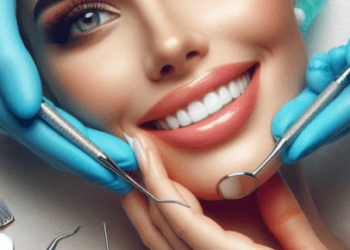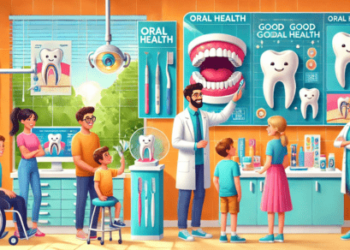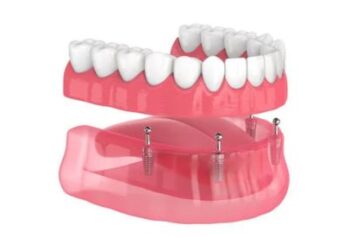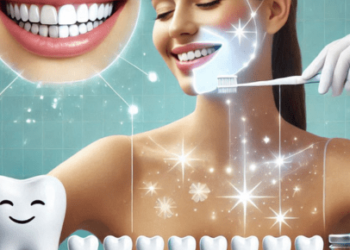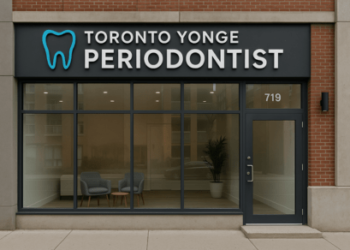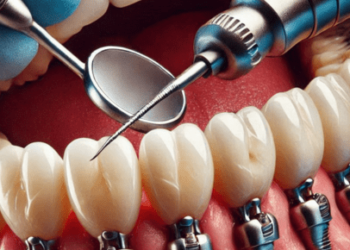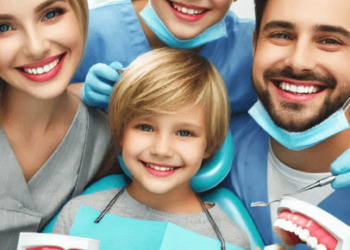When you grow older, your body undergoes various changes. Your oral health is no exception here. While you may notice the obvious changes like the wrinkles on your face, you may overlook the things happening inside your mouth. Your jawbone is an important part of your oral health as it supports your teeth and keeps your face looking the way it should.
However, as you age, your jawbone can deteriorate, which reflects in your oral health. Your jawbone becomes weaker due to the reduction of bone density. This can give rise to problems such as loose teeth. While you may think that losing teeth is a natural part of aging, you can slow down the process by taking care of your oral health.
The good news is that there are many ways dentists can help you protect your jawbone. By getting regular cleanings and other treatments, you can keep your jawbone strong for a long time. That is why visiting your Van Nuys, CA dentist for regular check-ups is so important. They can help you catch problems early and prevent them.
How Aging Impacts Your Jawbone Density
As you grow old, your jawbone undergoes some major changes. One of the most common issues is the loss of bone density. This happens because the body’s ability to rebuild bone tissue slows down over time, which results in weaker, thinner bones. In this process, the jawbone, which supports your teeth, is particularly affected.
Factors responsible for jawbone deterioration
There are several factors that contribute to jawbone deterioration with age. One of the biggest factors is hormonal changes. In women, menopause leads to a drop in estrogen, which can increase the rate of bone loss very fast, including in the jaw. For men, the decline in testosterone can also lead to weakening bones.
Moreover, as you age, the blood flow to the bones also decreases. This reduces the supply of important nutrients that help maintain a healthy bone.
Additionally, the loss of teeth can have a significant impact. When you chew, your teeth put pressure on your jawbone. This pressure helps keep the bone strong and healthy. However, If teeth are missing, the bone doesn’t get this stimulation and starts to weaken and shrink.
Other conditions, such as osteoporosis, which weakens bones throughout the body, and periodontal disease, a gum disease that affects the teeth and surrounding bone, can also make your jawbone health worse. These factors combined can lead to tooth instability, difficulty in eating, and so on.
Preventive measures and treatment options to stop jawbone loss
As you age, taking care of your jawbone and overall oral health becomes even more important. A clean mouth is very important to prevent issues like gum disease, which can lead to bone loss. Make sure you brush daily with a fluoride-based toothpaste and floss regularly.
It is also important to visit your dentist regularly for routine checkups so that your dentist can catch any signs of bone loss and start treatment immediately. The diet also plays a big role in bone health as you get older. It is advised to eat foods that are rich in calcium, such as green vegetables, dairy products, and so on, to keep your bones strong.
Similarly, Vitamin D is also essential as it helps your body to absorb calcium. Try chilling in the sunlight or eating Vitamin D foods like eggs and fish for healthy bones. Moreover, make sure you exercise regularly, like walking or light strength training, to maintain bone density in your jaw.
However, if you are experiencing significant jawbone loss, there are treatments available. Bone grafts can help restore your lost bone and improve jaw function. Moreover, dental implants not only replace missing teeth but also stimulate the jawbone, which helps prevent further loss.
Catch jawbone deterioration early!
Aging can cause changes in your oral health, which is why dental care is so important. Visit your dentist for expert solutions today!

